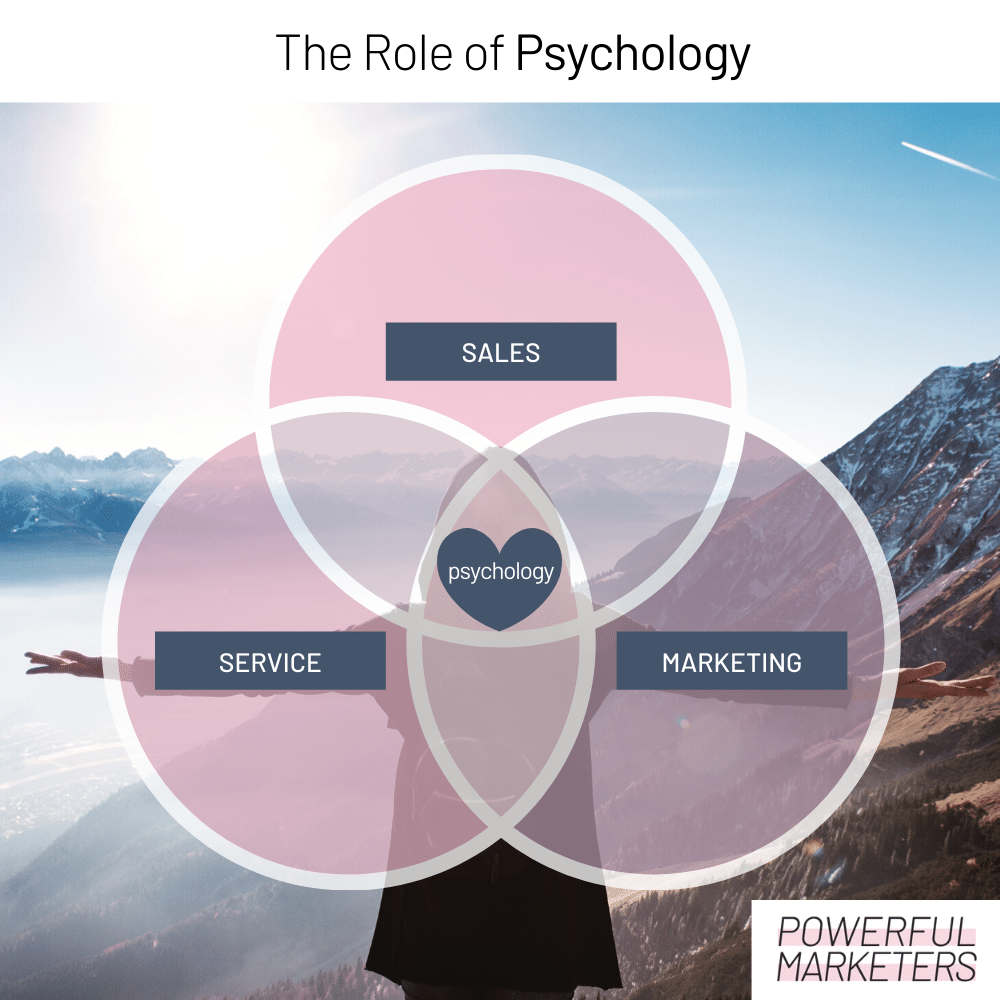You, as marketer, have a wonderful profession with so much to offer inside the company, but according to polls, owners see you as unprofessional and untrustworthy. The Global Jobs Poll by HubSpot ranked the most credible jobs. Doctor ranked number one, and right at the bottom, just below Barista, and above Car Salesman you can find “Marketer”.
Only 3% of business people considered marketers as trustworthy.
Marketers have an image problem and frankly, too often this image problem is not undeserved. As a profession, marketers need to take a good look at themselves and identify unprofessional and unprincipled practices, and then eliminate them. But where to start? Again, the answer is you, not others.
Start with yourself and your fundamentals:
- Do you know what your work relies on?
- What will help you when you don’t have much information, or, conversely, when you are overwhelmed by information overload?
- Do you know how your cognitive mind can help you?
Simple knowledge and habits can improve cognitive function and protect against cognitive decline for a lifespan. You don’t know what cognition is and how it can help you?
By its definition, cognition is the mental action or process of acquiring knowledge and understanding through thought, experience, and senses.
And as a marketer you should know that an individual’s construct of social reality, can, and does, too often dictate their marketing decisions. Sometimes, this leads to confrontations, inaccurate judgments, illogical interpretations, and irrationality.

Here’s a few examples:
- Ego and attitude. A director in another department in your business can’t stand you and your ideas. This leads to resentment, friction, and as a result, your work suffers. He misjudges you and seems to twist everything you say.
- Passive listening. People seem to hear what you say. But their gestures and actions suggest they’re not truly understanding or empathizing with what you have to say.
- Cultural differences. We work in very diverse spaces. It’s not just about people’s cultural background. Their behavioural style and profession biases affect their ‘culture’. Think about how different an engineer or an accountant approaches the same issue, compared to you as a marketer, or a sales director, or a warehouse manager.
- Poorly written communication. When materials are poorly written, messages might cause confusion and frustration among colleagues across the organisation.
- Lack of interest or motivation. When people are not really interested in what is being said, they will ignore you. It’s probably about them and the experience they are having, and not about them having some profound dislike of you. But even so, it will affect you, in that their experience determines how they see your internal communications and how you interact with each other.
So, we are affected by many things while talking about any decisions.
Harvard professor Gerald Zaltman says that 95% of purchasing decisions are subconscious. And he describes common marketing concerns and challenges very well in his book “How Customers Think”:
“The most troubling consequences of the existing paradigm has been the artificial disconnection of mind, body, brain and society. Though systems theory is not new to managers, it has not dented their conceptualization of consumer or manager behaviour and how they affect one another. Only by reconnecting the splintered pieces of their thinking about consumers can companies truly grasp and meet consumers’ needs more effectively – and, thus, survive in today’s competitive and rapidly shifting business environment.”
Gerald Zaltman
He also stresses out that yes, the world has changed rapidly, but the methods of understanding people have not. Technology can shape our thoughts, feelings and actions, but the core of psychology and our cognition remains the same.
So, are you aware of some cognitive biases you may have as a marketer? Do you know that it has an impact when making a decision? What activities can you apply after decoding these biases?

Your cognitive abilities as a marketer, your subconscious mind can make or break you when it comes to your success both at work and in your personal life.
Go deep into the role of psychology in sales, customer service, and marketing. The thing is, you are way more than just a marketer that does advertising. Own that. Get in deep understanding of other departments in your business, learning from them, and integrating what you find out in your marketing.
Psychology is always the foundation of your business; everything comes down to why your colleagues, employees, partners, clients, developers, service providers, etc. behave and think the way they do. If you can see that, then you will also be able to see the emotions that influence people’s behavior, the way they adopt and process information, and their memory and attitudes.
You will finally realize that everyone around you are human beings. Human beings who are happy, angry, motivated or irritated, often for other reasons than you’d think, because they may be influenced by other factors than you’re aware of. A marketing expert is always aware of these human nuances and taking them into consideration in his/her marketing.
Be aware that personal development is the responsibility of the individual, not the company.
The company can support you with professional training, but your own development is in your own hands. For example, imagine that you work in a hotel or restaurant in Italy and you do not speak Italian. Your boss pays for an Italian course for you. And you start attending classes, only to drop out after a couple of months, still unable to understand Italian. Not only would this be disrespectful to your boss, it would also be a waste of resources, and a waste of potential in terms of improving the way you provide customer service. What would be the point of your business spending money in marketing campaigns to attract more Italian clients if you’re not on board with that goal? If you don’t understand your client, your marketing is useless. You are responsible for your own development.
The wise manager and marketer realizes that small actions can have a great impact in the company. It is always about consistent planning, and maintenance work. Take care of yourself, your knowledge, your cognitive skills. This is the only way you’ll be able to take responsibility for your clients, your results, and your business.
In 1960, Theodore Levitt summed it all up very well:
“In business, followers are customers. To produce these so-called customers, the entire company must function as one organism dedicated to customer creation and customer happiness. Management needs to see itself not as the creator of a product or service, but to provide the customer with enduring values and a clear vision. This starting point (and whatever services support that vision) must reach every corner of the company “.
Theodore Levitt, “The Marketing of Myopia. Harvard Business Review 38.4 (1960)
Which means, we are back to the roots – it is important to retain and understand the client, both virtually and in real life and focus again on customer happiness. In the meantime, the internet has made this knowledge more and more available to everyone, and confirmed that we are back to square one: You must integrate psychology in your everyday conversations and your job.
“Talent in marketing creates great campaigns. But intelligence and teamwork across all departments in the company creates long term success.”
Powerful Marketer Program
“Act like a professional and you will be treated like a professional. Act like a clown and you will be treated like a clown.”
Dr. William Morgan
#powerfulmarketers #psychology #marketing #professional #intelligence #teamwork #responsiblemarketing #followers #customers #development #cognitivemind #fundamentals #irrationality #subconsciousmind
